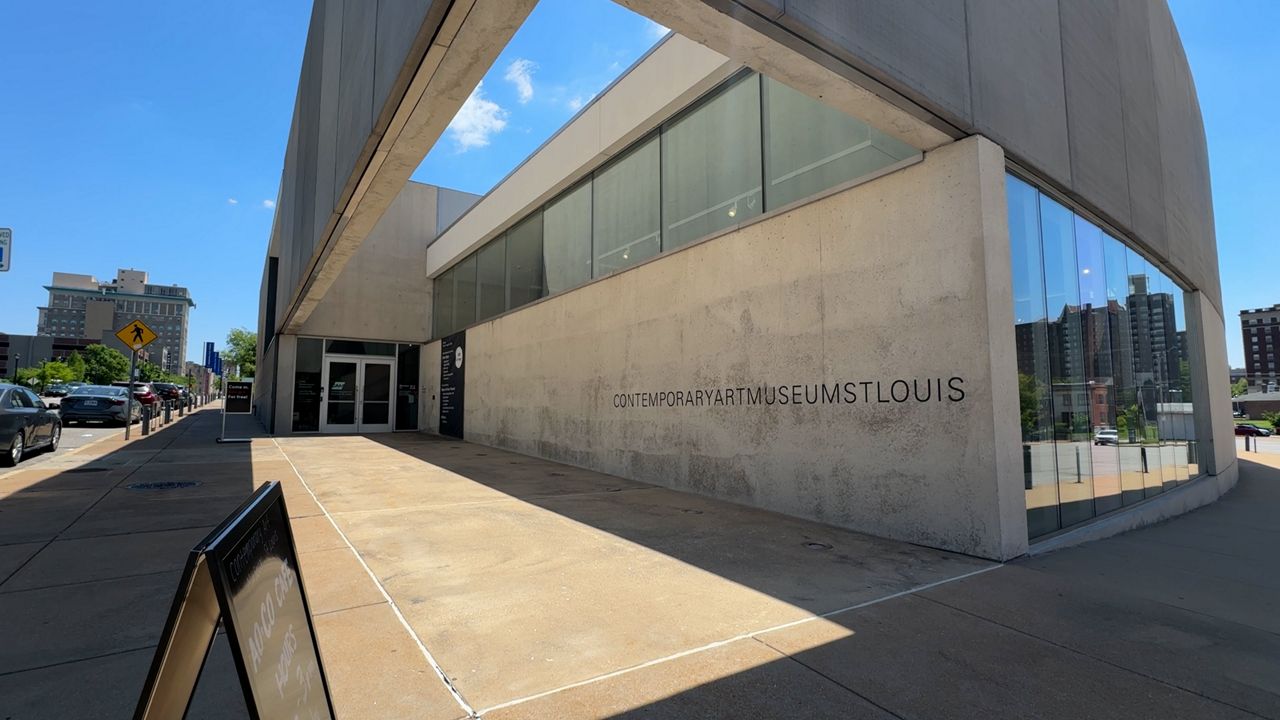FLORISSANT, Mo.—A regional approach to cut homicides and non-fatal shootings in parts of the greater St. Louis area may not be operational with boots on the ground until early next year, a nationally recognized anti-violence researcher working with the effort said Thursday.
Thomas Abt, founding director of the Violence Reduction Center at the University of Maryland, has met periodically with local elected leaders, law enforcement and others since last spring, and said after the first meeting Thursday of the Save Lives Now! Anti-Violence Advisory Council that the St. Louis area effort was off to a strong start.
Since late last year, the East-West Gateway Council of Governments has taken the lead on helping organize the strategy that will set out to reduce homicides and non-fatal shootings by 20% over three years in the city of St. Louis and St. Louis County in Missouri and St. Clair County, Ill.
The advisory council, chaired by St. Louis Mayor Tishaura Jones and St. Louis County Executive Sam Page, includes elected leaders from across the region, police chiefs, prosecutors, healthcare executives, service providers and others.
Members learned Thursday about a fuller picture of 2023 crime in the area. Homicide victims and suspects were both predominantly male, at 83% and 93% respectively. Black victims made up 85% of homicide victims and were suspects in 89% of cases. In terms of age, largest category of victims were in the 25-34 age range with 30.5% of the cases, while the 18-24 and 25-34 age ranges tied for the most suspects, with 28.5% of the incidents.
The solution is a three-pronged approach that uses a blend of cognitive behavioral therapy, street outreach and focused deterrence.
“One of the things that’s different about this initiative, it is highly focused and highly targeted on the people who are most at risk for both becoming involved in gun violence either as victims or as perpetrators and we reach out directly to those individuals with a very clear message which is if you’re willing to put the guns down we’re here to help you, but if you keep shooting, we’re here to stop you,” Abt said.
The approach does have its critics here. St. Charles County Executive Steve Ehlmann, who is also a member of the advisory council, is among several elected leaders in the region who have said the approach focuses too much on carrots, and not enough on sticks. But Thursday was the first meeting connected to the endeavor where those concerns were not raised publicly
“Violence is a team sport….it’s important that we move from thinking about public safety as an argument to be won and instead think about it as a problem to be solved,” Abt said.
Unlike Boston and Knoxville, the two other cities where Abt’s approach has been put to use, the St. Louis effort spans dozens of municipalities. Whereas the Boston and Knoxville efforts are run out of a mayor’s office, the one here requires coordination through multiple entities, from the East-West Gateway to the Advisory Council.
East-West Gateway is spearheading the hiring a Director for the initiative, someone Jones acknowledged will need to be a great communicator and has experience with the legal system and criminal justice.
“This is herding cats, it’s bringing together many people from many different disciplines,” she said, comparing it to the regional coordination seen during the pandemic. While Jones did not want to pin a timeline on how long it will take to hire a director and train staff, Abt said it was likely that it would be early 2025 but also allowed that it's possible progress will be seen even before the approach is fully implemented.
“Ultimately, I hope people are not focused on the sort of this implementation deadline or that implementation deadline. Ultimately, they should hold us responsible for achieving the mission which is a 20 percent reduction in homicides and non fatal shootings in three years,” he said.









